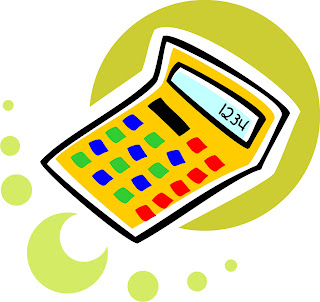 As I read through the article, I focused mostly on online schooling for elementary age students, since that is the age I want to work with, but also because I already knew about and understood online schooling for middle and/or high school students. For the elementary-age students, it seemed to me like it would still require a lot of work on their parent's part to be a teacher in the home and a source of motivation and structure for the students schooling, and as I read I found that that is very true. The article stated that for K-6, most parents spent about 5 hours per day instructing the student, which is still a large time commitment, especially if a parent were planning on working as well (either in or out of the home). I also think that the lack of interaction with other students would be a very negative aspect for young students. The online schooling could be very beneficial to a student with severe disabilities or any illness requiring a student to stay home since they would be able to do all of their work without having to leave their house. While students are young, though, if they have no medical conditions that should prevent them from attending a regular school--either public or private--I think the skills they learn by interacting with others are very important. For upper-level students, I think they are gradually capable of making better decisions for themselves and what kind of school system will work best for them and the lifestyle they may be carrying out. Online schooling would be very beneficial in learning more about technology at a young age, but I think that because the time commitment for a parent is still high, it would be expensive (compared to home schooling) and elementary-age students would lose out on a lot of social contact with peers that seems crucial at that age.
As I read through the article, I focused mostly on online schooling for elementary age students, since that is the age I want to work with, but also because I already knew about and understood online schooling for middle and/or high school students. For the elementary-age students, it seemed to me like it would still require a lot of work on their parent's part to be a teacher in the home and a source of motivation and structure for the students schooling, and as I read I found that that is very true. The article stated that for K-6, most parents spent about 5 hours per day instructing the student, which is still a large time commitment, especially if a parent were planning on working as well (either in or out of the home). I also think that the lack of interaction with other students would be a very negative aspect for young students. The online schooling could be very beneficial to a student with severe disabilities or any illness requiring a student to stay home since they would be able to do all of their work without having to leave their house. While students are young, though, if they have no medical conditions that should prevent them from attending a regular school--either public or private--I think the skills they learn by interacting with others are very important. For upper-level students, I think they are gradually capable of making better decisions for themselves and what kind of school system will work best for them and the lifestyle they may be carrying out. Online schooling would be very beneficial in learning more about technology at a young age, but I think that because the time commitment for a parent is still high, it would be expensive (compared to home schooling) and elementary-age students would lose out on a lot of social contact with peers that seems crucial at that age.To view the article I read on K-12 online schooling visit the following link.
Image source: iCLIPART for Schools

